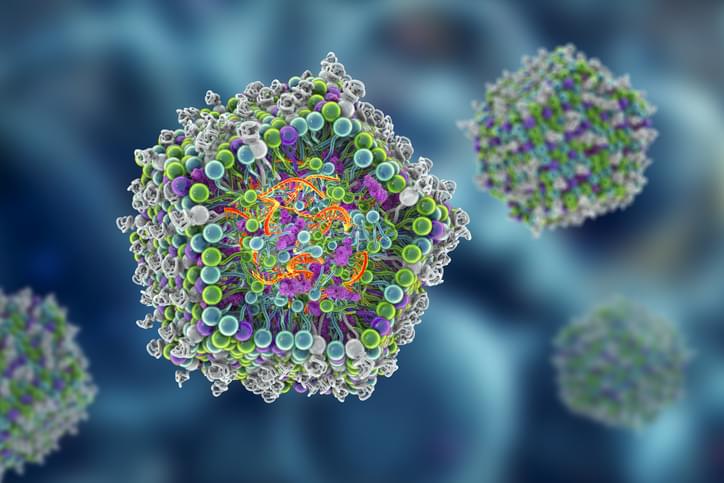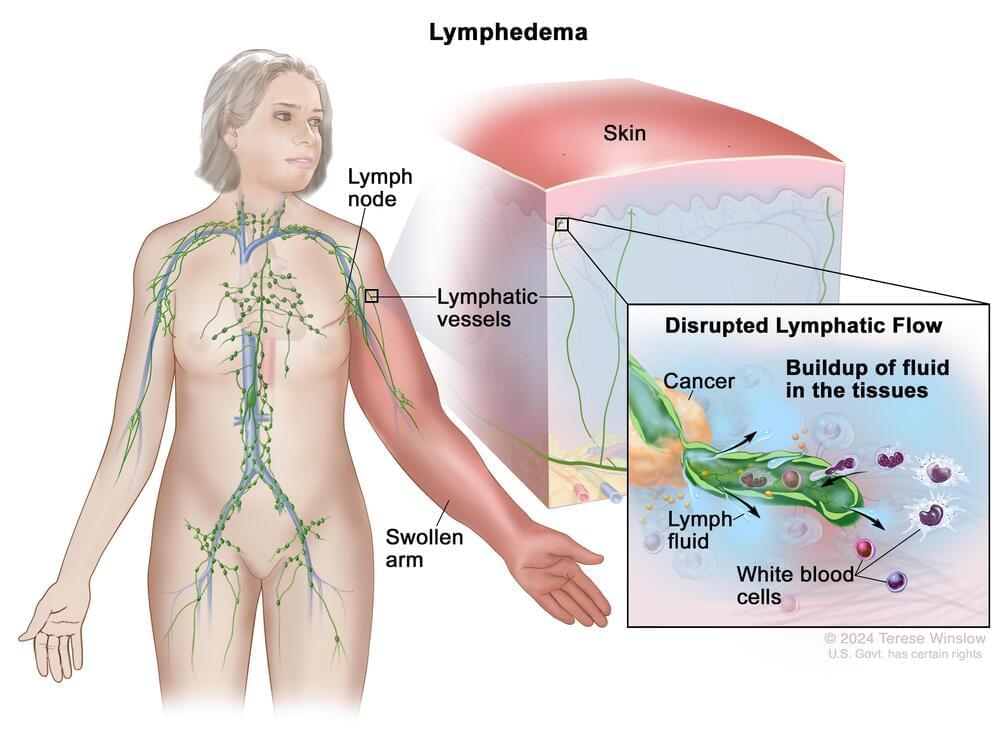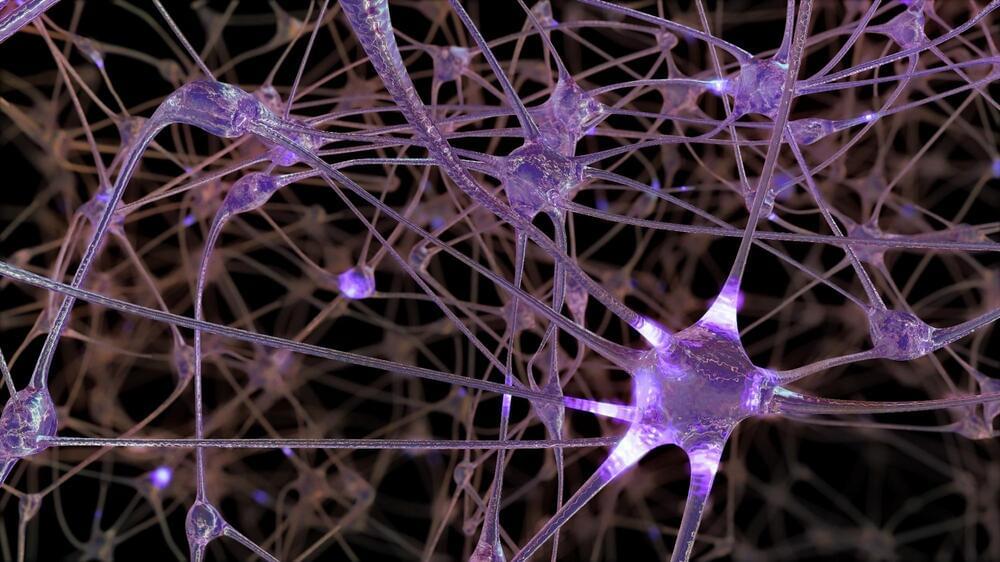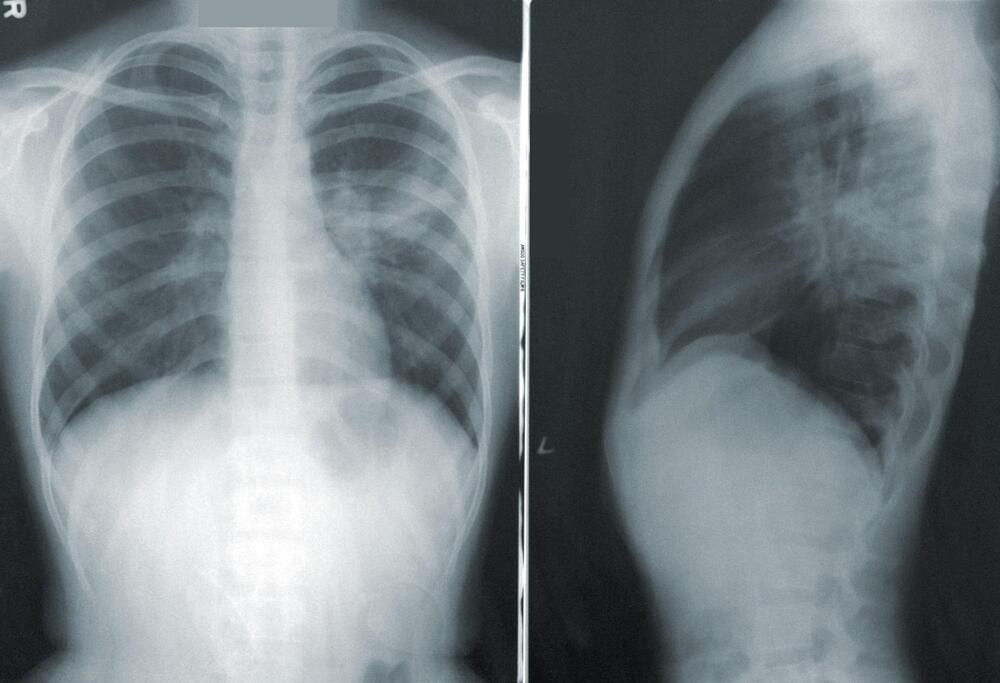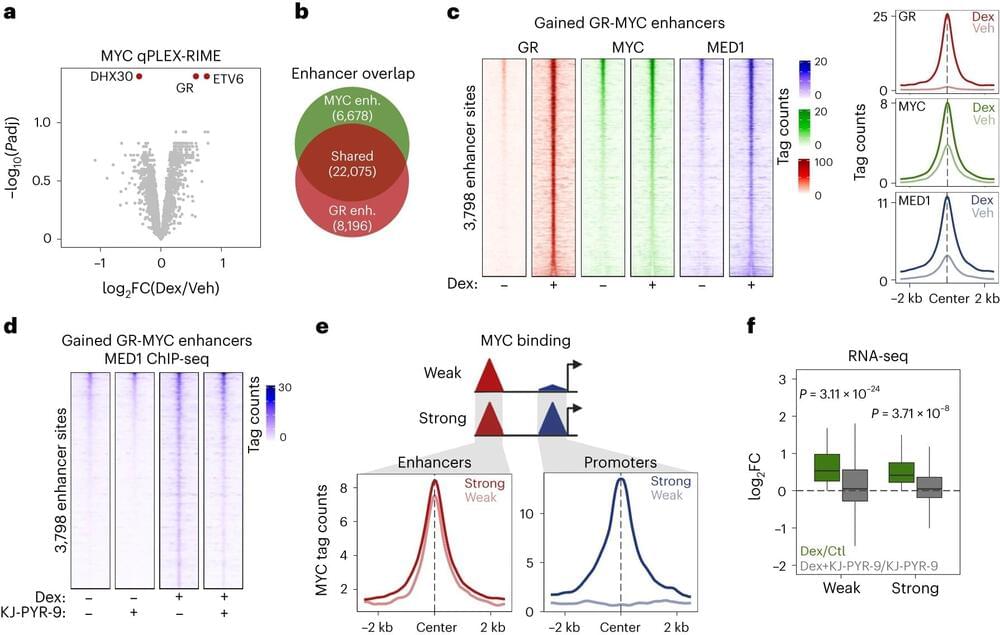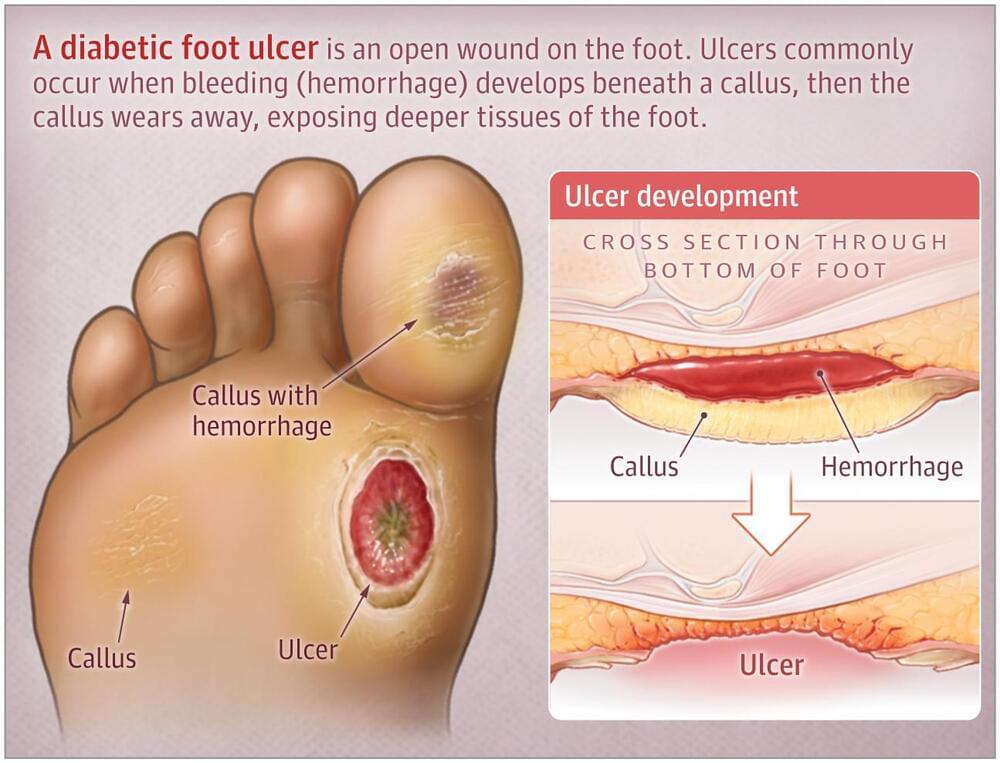As a therapy for vision impairment resulting from inherited retinal degeneration, the mRNA would instruct cells in the retina, which are impaired because of a genetic mutation, to manufacture the proteins needed for sight. Inherited retinal degeneration, commonly abbreviated to IRD, encompasses a group of disorders of varying severity and prevalence that affect one out of every few thousand people worldwide.
An example of a genetic pulmonary condition is cystic fibrosis, a progressive disorder that results in persistent lung infection and affects 30,000 people in the U.S., with about 1,000 new cases identified every year. One faulty gene—the cystic fibrosis transmembrane conductance regulator, or CFTR—causes the disease, which is characterized by lung dehydration and mucus buildup that blocks the airway.
The thiophene-based LNP study, which involved mice and non-human primates, stems from a $3.2 million grant from the National Eye Institute. The grant’s purpose is addressing limitations associated with the current primary means of delivery for gene editing: adeno-associated virus, or AAV.
